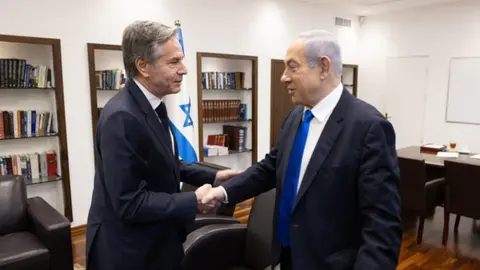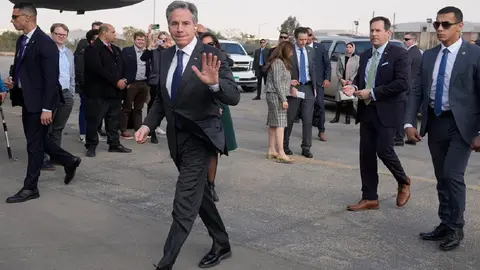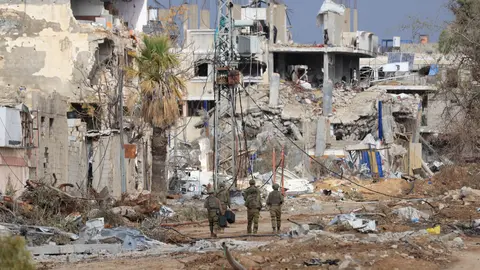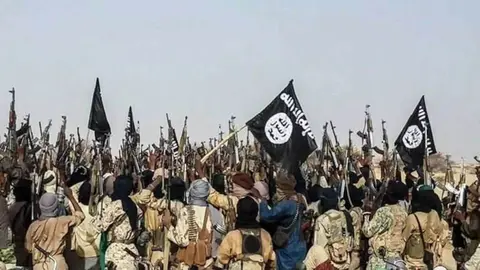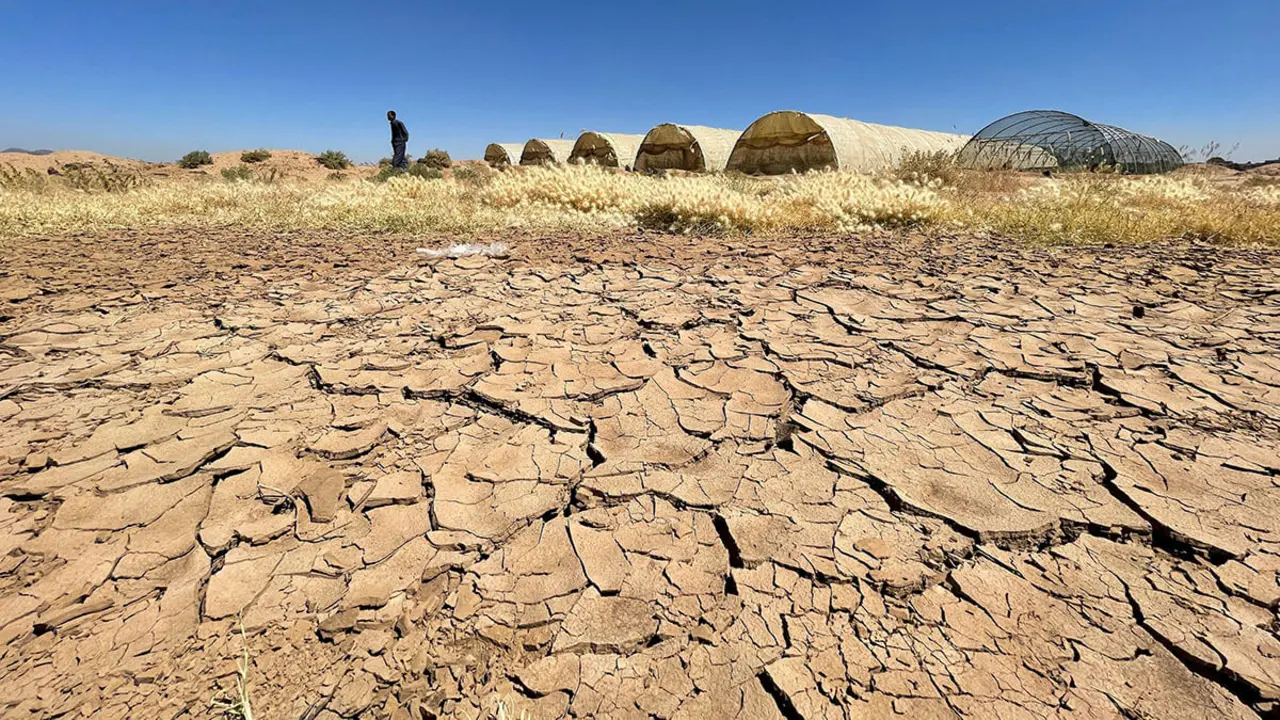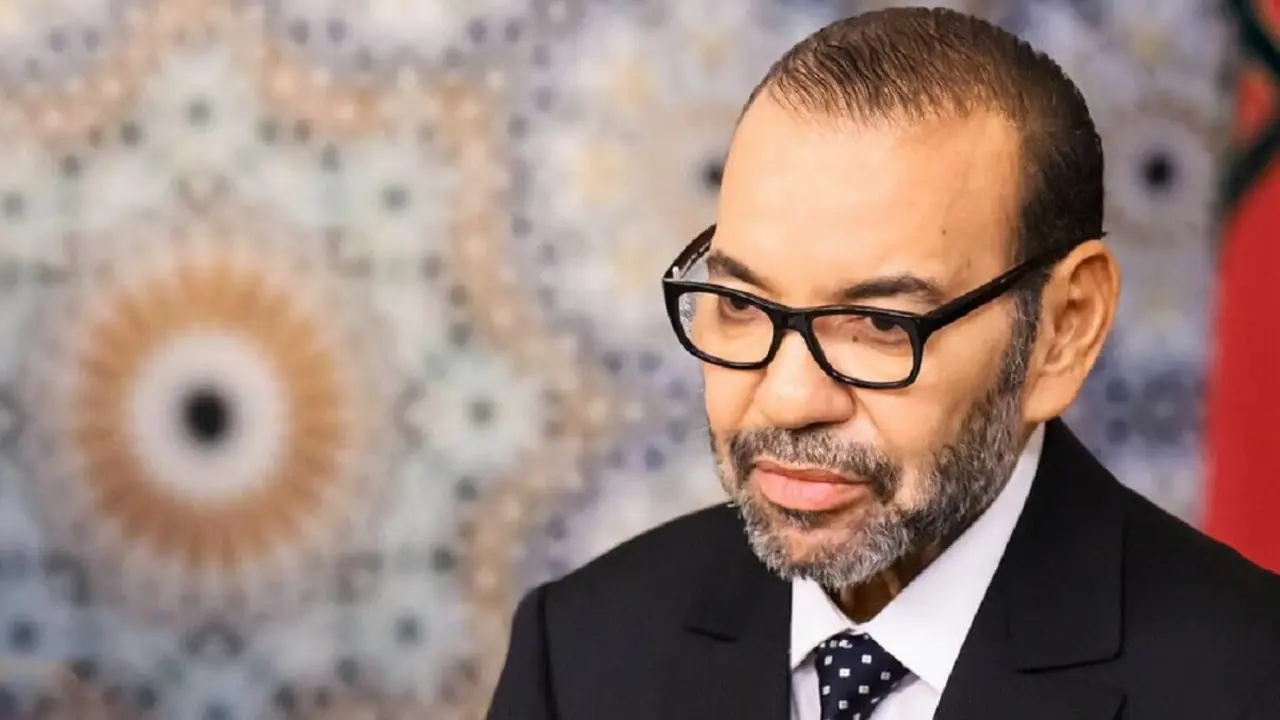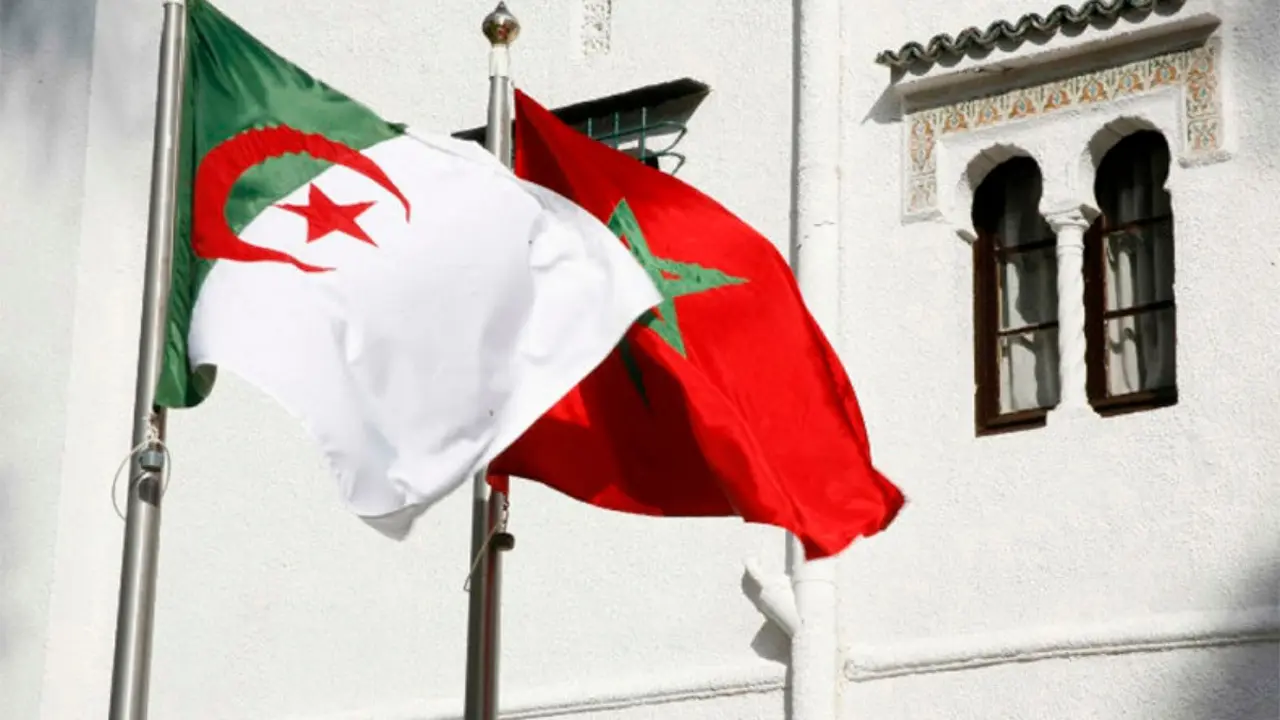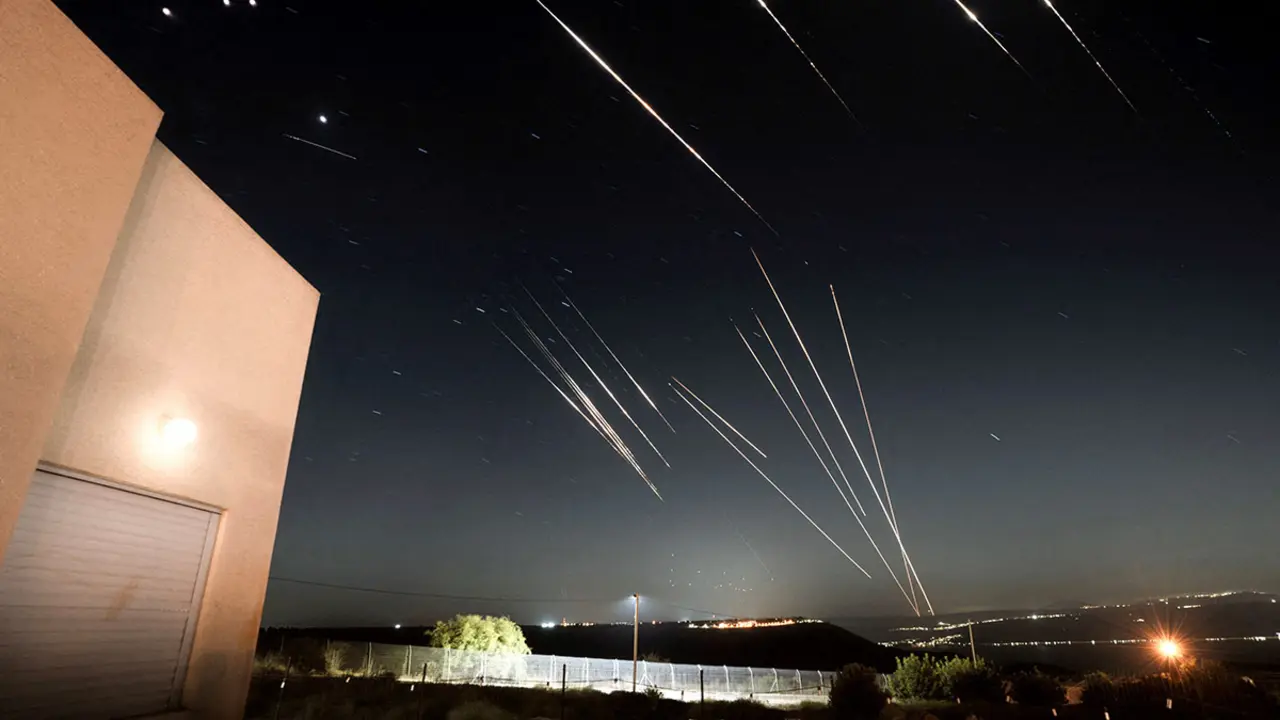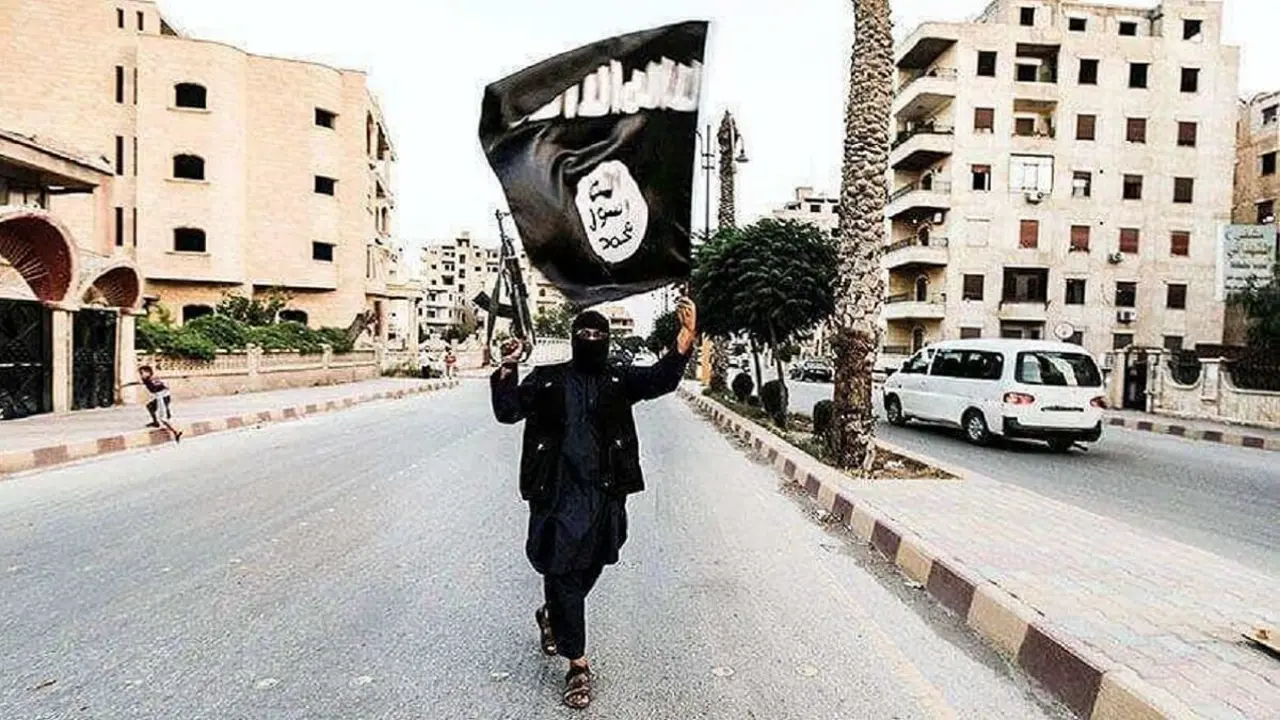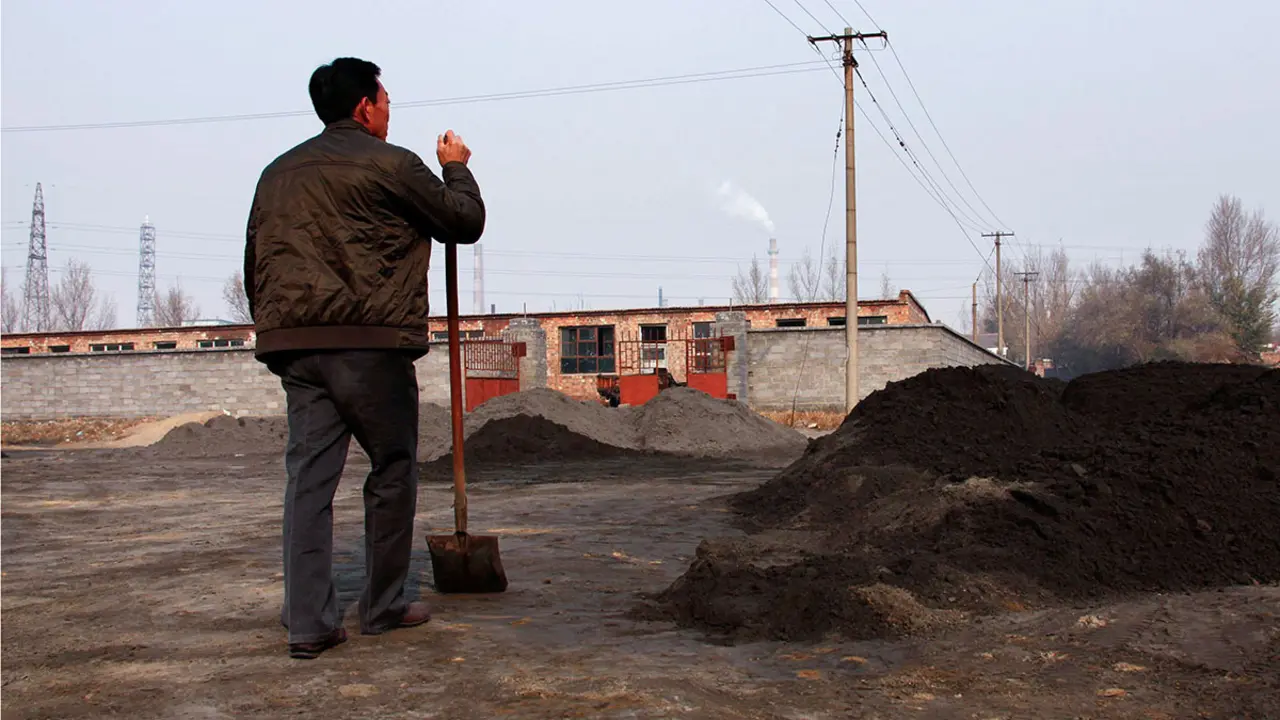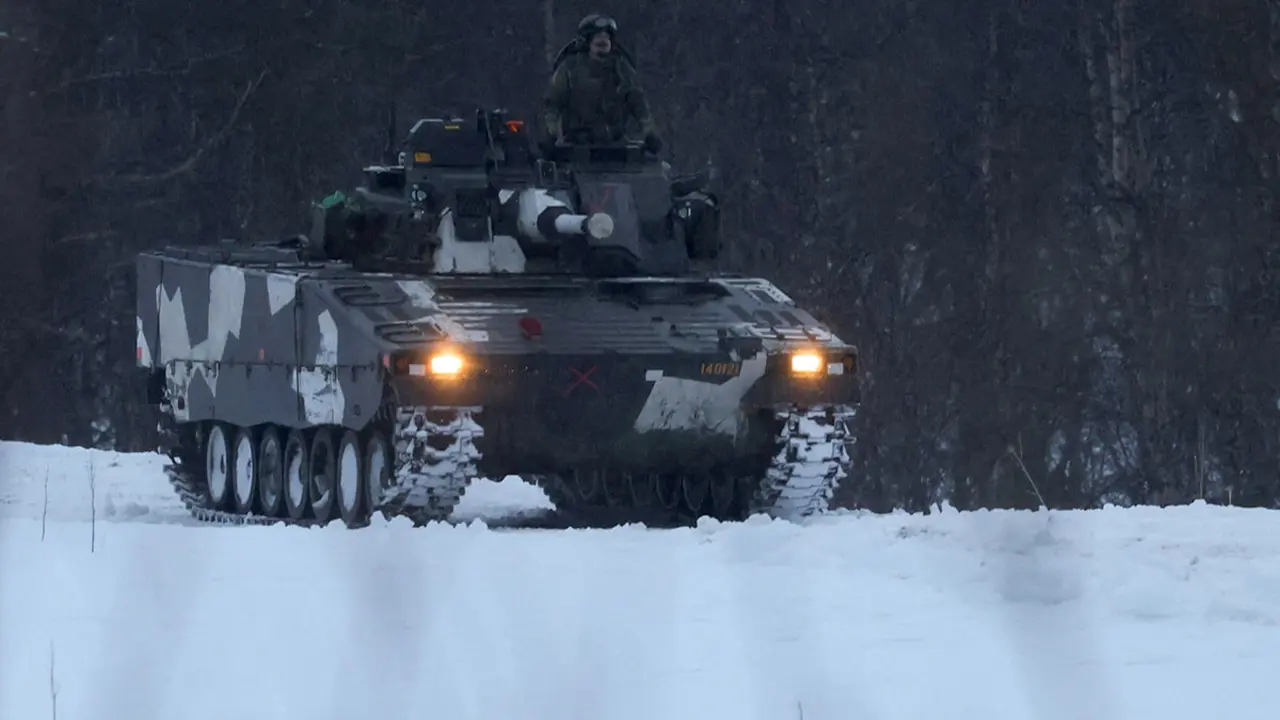Preventing Iran from rebuilding Hamas, a key point after the Gaza war ends

For several weeks now, as Israel's military operation continues in the Gaza Strip, many Western capitals have begun to focus on the "day after" the war. Europe, and especially the United States, has already begun to draw up a plan once the Israeli ground offensive ends, something that could happen in the coming weeks.
- Once the war in Gaza is over, Iran's role needs to be taken into account
- Iran pushes Israel to war through Hamas
- A strong and moderate Palestinian government is key to thwarting Iran's plans
To this end, US Secretary of State Antony Blinken has travelled several times to different countries in the Middle East, where he has met with regional leaders in the hope that they will be involved in the reconstruction of Gaza once the war is over. Likewise, at the political and administrative level, Washington expects the Palestinian Authority, the entity led by Mahmoud Abbas that rules the West Bank, to control Gaza with the help of neighbouring nations when Israel withdraws its troops from the enclave.
Thus, while the West and several regional countries such as Saudi Arabia and the United Arab Emirates will work to rebuild Gaza and promote a Palestinian state in line with Israel's security requirements that promotes regional peace and stability, others such as Iran - the main sponsor of Hamas and other terrorist groups - will do the opposite.
According to analysts Michael Singh and Matthew Levitt of The Washington Institute for Near East Policy, the Islamic Republic of Iran will concentrate "on rebuilding Hamas and preparing for the next war". Therefore, if Israel and its allies are to prevent a repeat of the 7 October attack, they must counter Tehran.
It would not be the first time such a situation has arisen. In July 2006, the Iranian-backed Lebanese Shia group Hezbollah attacked Israel after illegally crossing the Blue Line, the internationally recognised border between Israel and Lebanon. During the attack, in addition to killing 3 soldiers, Hezbollah members - as Hamas did on 7 October - kidnapped several military personnel.
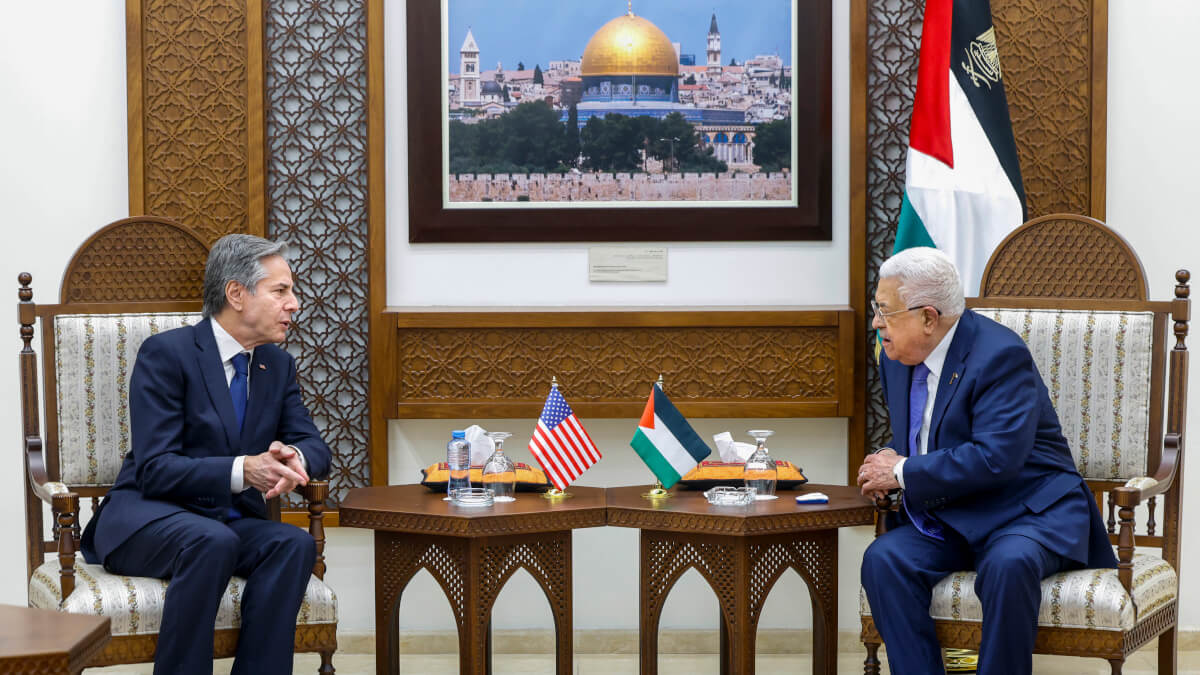
Although Jerusalem's response to this attack significantly weakened Hizbollah's capabilities, the group has continued to plan offensives, waiting for the right moment to strike again on Israeli territory. Indeed, they have called their survival a "divine victory".
Years later, Hizbollah has managed to strengthen itself and, since 7 October, has been launching recurrent attacks on Israeli territory, leading to the evacuation of thousands of people from northern Israel.
Once the war in Gaza is over, Iran's role needs to be taken into account
For this reason, both analysts believe that Hamas networks in the West Bank, Lebanon or even Gaza could follow a similar trajectory, despite the Israeli victory and the dismantling of the terrorist group in the Palestinian enclave.
In this regard, it is worth noting Hamas' high popularity in the West Bank, even after the brutal 7 October attack and subsequent war in Gaza. This is precisely one of the reasons why Mahmoud Abbas is reluctant to call elections in the territory. In the event of elections, it is very likely that the terrorist group would win in the West Bank as it did in 2006 in the Gaza Strip.
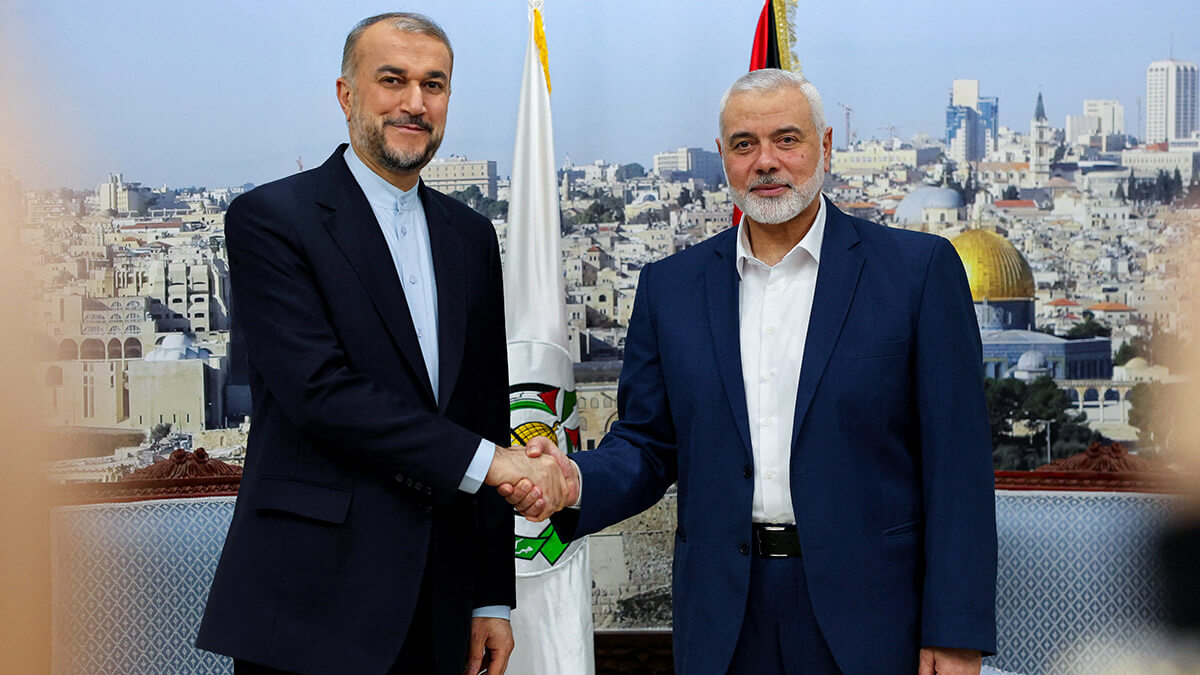
Continuing with the case of Hezbollah and taking it as an example of what might happen to Hamas once the war in Gaza is over, the role of Iran needs to be taken into account. Hezbollah's recovery after the 2006 war with Israel was made possible - in part due to the lack of tough UN sanctions and the weakness of Hezbollah's internal rivals - by Iranian funding.
Tehran is considered the leader of the so-called 'Axis of Resistance', an umbrella group of Middle Eastern terrorist organisations such as Hamas, Hezbollah, Yemen's Houthis and pro-Iranian militias in Syria and Iraq. All these groups have increased their activities in the wake of the Gaza war, not only against Israel but also against US targets in the region.
However, Singh and Levitt also highlight the differences between Hamas and Hizbollah, noting that the latter is an arm of Iran's Islamic Revolutionary Guard Corps, while the relationship between Iran and Hamas has been much more unstable.
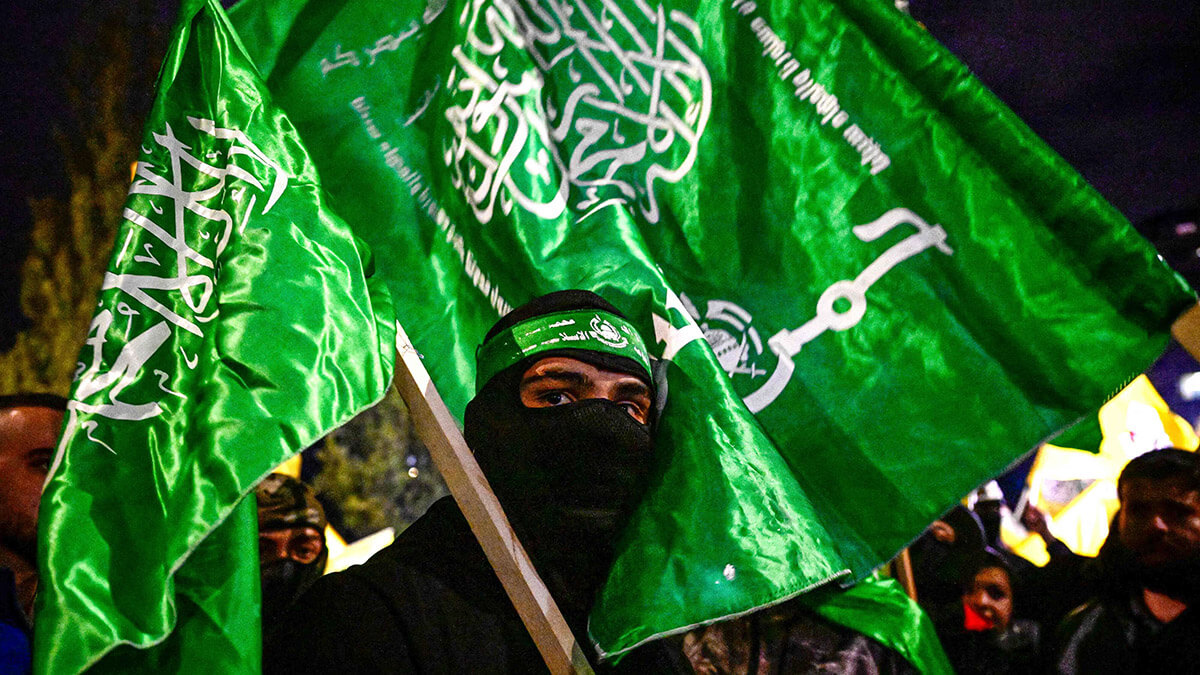
Despite the ups and downs in this relationship, Tehran's backing has been decisive for Hamas in recent decades. According to data collected by analysts, the Iranian regime has provided between 70 and 120 million dollars a year to the terrorist organisation.
"Tehran's technical and training support has transformed Hamas from a heterogeneous militia known for suicide bombings into a well-trained terrorist army with a wide range of missiles, tunnels and decentralised leadership outside Gaza," they argue.
Iran pushes Israel to war through Hamas
On the other hand, while Hezbollah is designed from Tehran to deter US or Israeli attacks on Iran itself, Hamas, and in particular after its brutal attack on 7 October, has pushed Israel into a war that has provoked a wave of harsh international criticism against the Jewish state, even taking Israel to the International Court of Justice in The Hague for alleged genocide.
Moreover, this war and Israel's military operation in Gaza has generated tensions between Jerusalem and Washington, two historic allies and Tehran's two main enemies.
Israel's operation in Gaza is aimed at destroying Hamas and freeing the more than 100 hostages still held hostage. However, according to Singh and Levitt, if it were possible to completely destroy the Hamas we know today, "Iran would find other extremists to fly its flag and then fund and equip them".
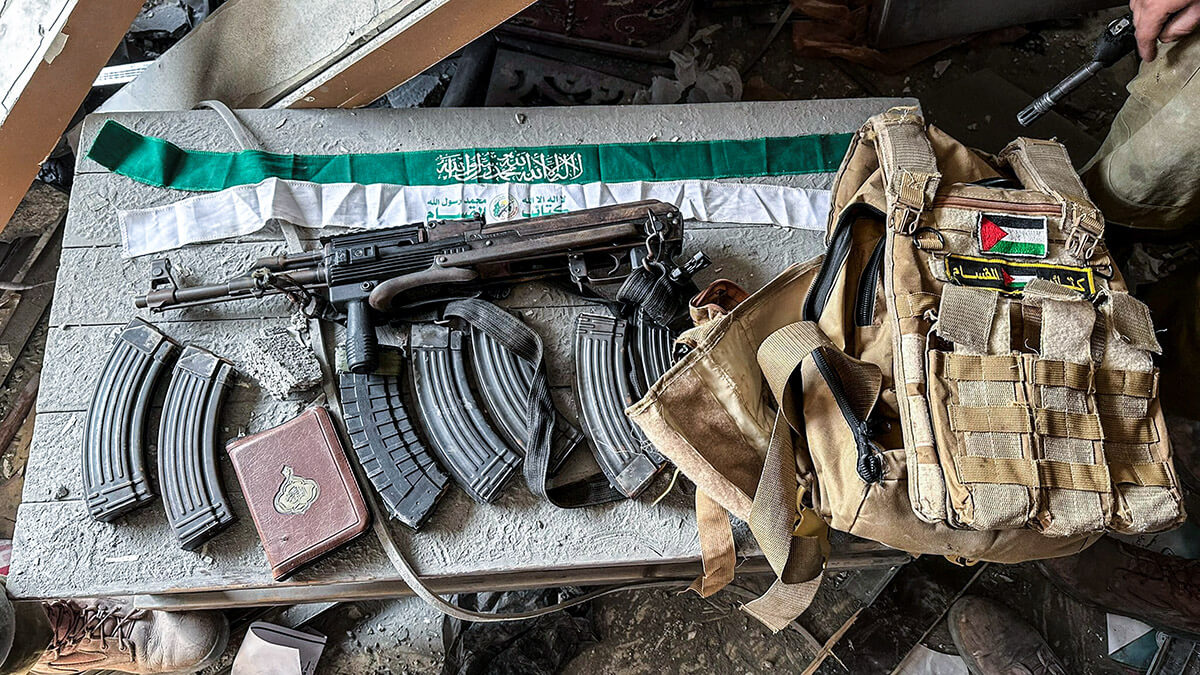
Equally, Tehran would also be on the lookout for Palestinians brave enough to stand up for peace, whom they would seek to eliminate and maintain the stability that directly harms Israel. "For the US and Israel, getting rid of Hamas would mean not only defeating the group itself, but also thwarting Iranian efforts to revive or replicate it," they stress.
For this to happen, two points need to be worked out. The first must focus on disrupting the flow of funds and weapons from Iran to the West Bank and Gaza. Analysts believe that Tehran has been allowed too much leeway to send weapons and funds to its proxies. They point to the example of the Houthi extremists, who have disrupted global shipping and maritime trade by obstructing freedom of navigation through a crucial strait. For Singh and Levitt, therefore, it is necessary to cut off Iran's supply lines to its allies by land, sea and air.
On the other hand, efforts to block Iran's financial support to its proxies should focus on Tehran's reliance on transferring funds outside the formal financial system. Despite sanctions and restrictions imposed on the Iranian regime, a large amount of money still continues to flow to Middle Eastern terrorist groups, destabilising the region. "A concerted and coordinated effort is needed to target these money transfers," they add.

A strong and moderate Palestinian government is key to thwarting Iran's plans
The second track must focus on preventing Gaza from going the way of Lebanon and Syria, where power vacuums allowed Iran to gain influence. In this sense, Iran's biggest obstacle to Hamas' resurgence will be the establishment of a legitimate Palestinian security force in the West Bank and Gaza to which Arab states and the West can direct aid and support.
Yet this also demonstrates a key dilemma for Jerusalem, for as the military withdraws from Gaza, Israel remains wary of supporting the creation of any Palestinian authority in the strip. However, the longer it waits to do so, the more room it will give Iran to fill the resulting vacuum with a reconstructed Hamas or with entirely new and equally damaging groups under Tehran's leadership.
Hamas elites have warned that they will repeat the 7 October attacks "again and again". If Israel and the West do nothing about it and take no clear action, Iran will take advantage of it and make sure it is able to do so.

